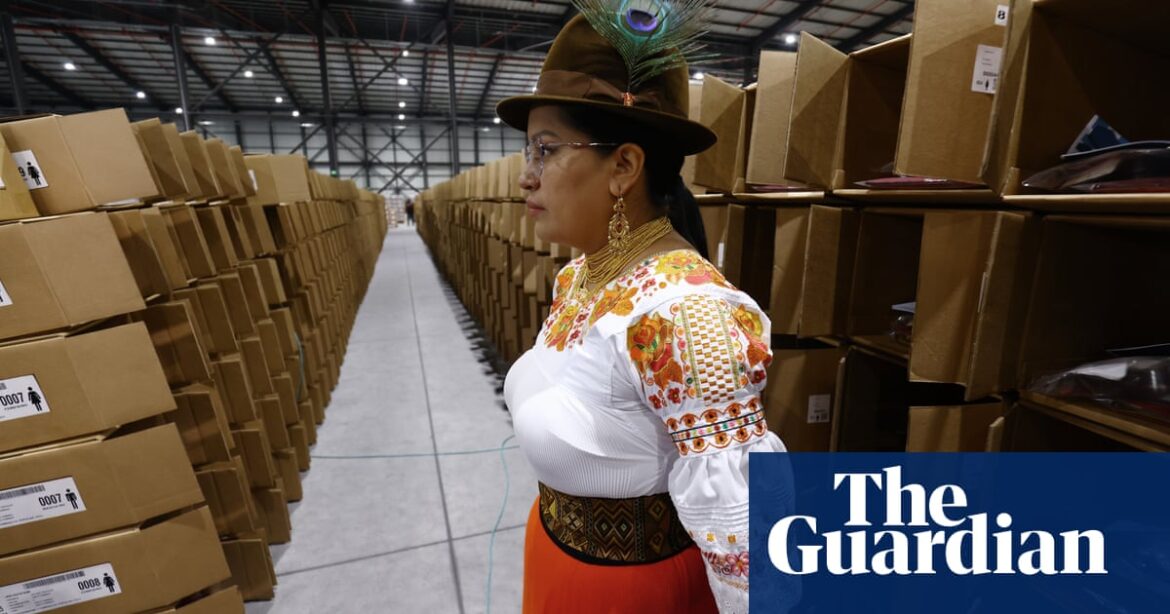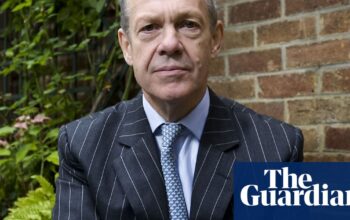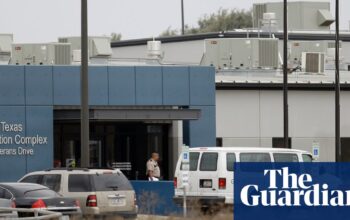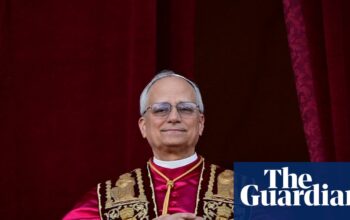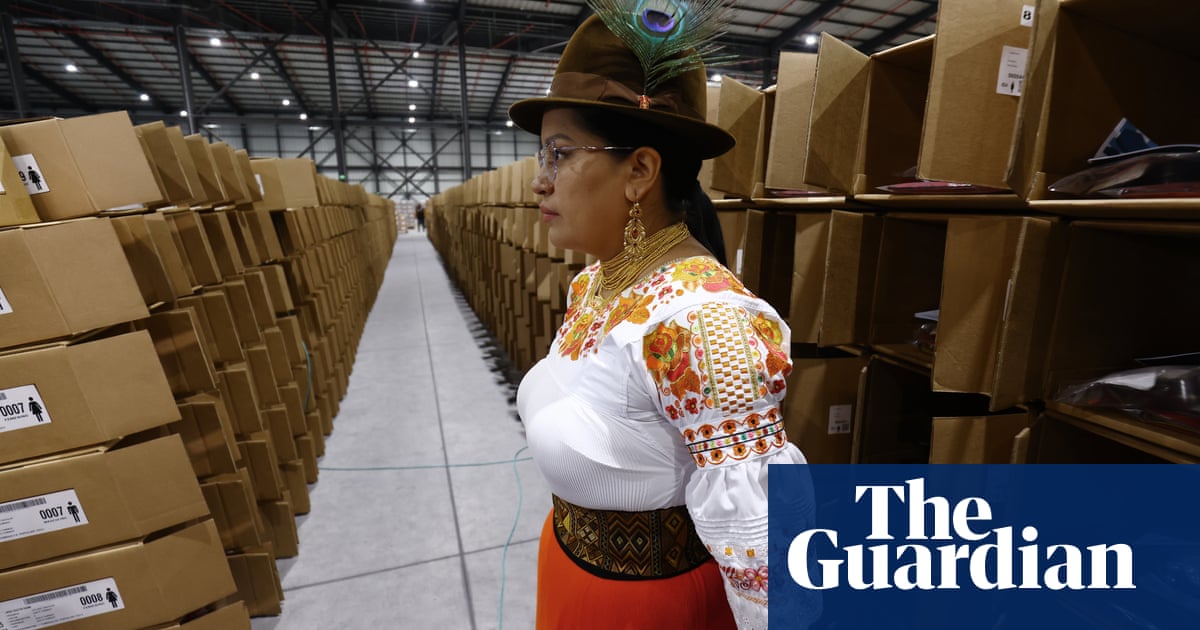
Ecuadoreans will vote on Sunday in a referendum on a raft of unprecedented security measures designed to empower the police and armed forces in the fight against spiralling violence and organised crime.
Voters must accept or reject 11 questions, mostly about security, in the plebiscite, which is being seen as a test of support for Ecuador’s popular young president. Daniel Noboa, who took office in November on a pledge to combat the surge in violent crime, put forward the poll to push through proposals to retake control of prisons and tame soaring homicide rates.
Long seen as an oasis of peace compared with its neighbours, Ecuador last year became the most violent country in South America with a record number of about 8,000 homicides. The number of violent deaths has grown eightfold in just six years as bloodshed between warring drug gangs spilled from jails on to the streets.
Noboa declared a state of “internal armed conflict” in January, designating 22 drug trafficking gangs as terrorist groups and authorising Ecuador’s military to “neutralise” the crime factions “within the bounds of international humanitarian law”.
Since then, the 36-year-old son of a banana billionaire has ordered the armed forces on to the streets and presided over the arrest of tens of thousands of people accused of links to organised crime.
Now, with this referendum, Noboa says he wants to consolidate the reduction in violent crime by allowing the military to patrol with police, extraditing convicted drug kingpins or gang leaders, and boosting prison sentences for crimes such as terrorism and murder.
Ecuadoreans – weary of extortion and fearful about kidnapping and violent crime –have largely welcomed Noboa’s mano dura policies
“As victims of violence, the population believes that the ‘iron fist’ policies and the presence of the armed forces on the street and in the prisons can solve their problems,” said Fernando Carrión, a security expert with the Latin American Social Sciences Institute in Quito.
Noboa was one of Latin America and the Caribbean’s most popular leaders, with a 67% approval rating, according to a poll compiled by the Americas Society in January.
However, his handling of an electricity shortage last week, which led to a power rationing and two days of public holiday, could dent polling in favour of his proposals this Sunday, said Carrión. It was not clear how his controversial decision to storm the Mexican embassy in Quito earlier this month in a bid to arrest a former vice-president wanted on embezzlement charges would boost or reduce his popularity, he added.
While other referendum proposals about loosening employment contracts and international arbitration were less popular, security-focused questions would likely have broad support, Carrión added.
after newsletter promotion
Leonidas Iza, president of Conaie, Ecuador’s main indigenous federation, said the “backsliding of labour rights could not be allowed” and warned labour exploitation could be normalised.
“While President Daniel Noboa’s security crackdown has drawn significant international criticism over human rights concerns, it has boosted his domestic popularity,” said Erin Drake of the security consultancy S-RM.
Noboa, who will complete the term of former president Guillermo Lasso, who stepped down to avoid impeachment last year, is expected to seek re-election in 2025.
“This referendum is not only about security questions but also about recognising the president’s legitimacy and putting him in a good position for 2025,” said Carrión.
Source: theguardian.com
